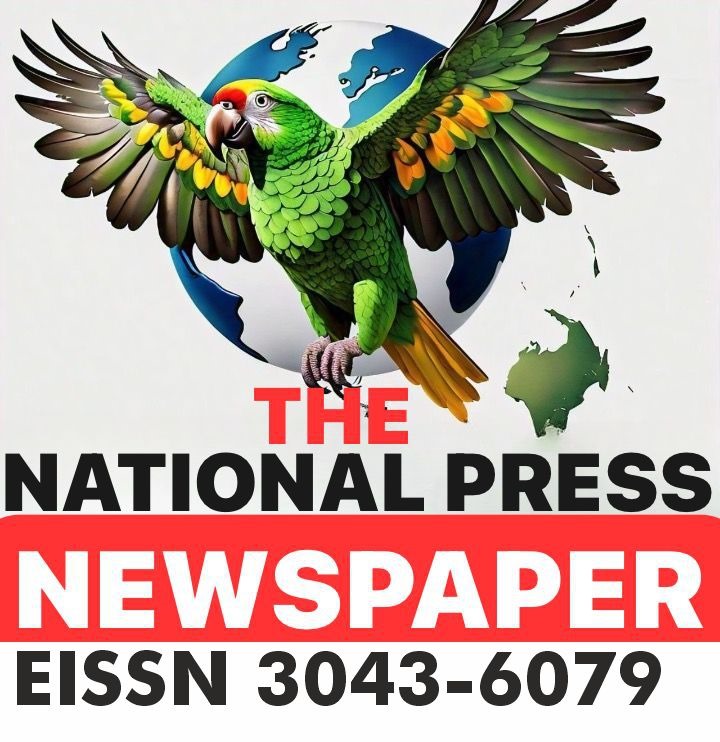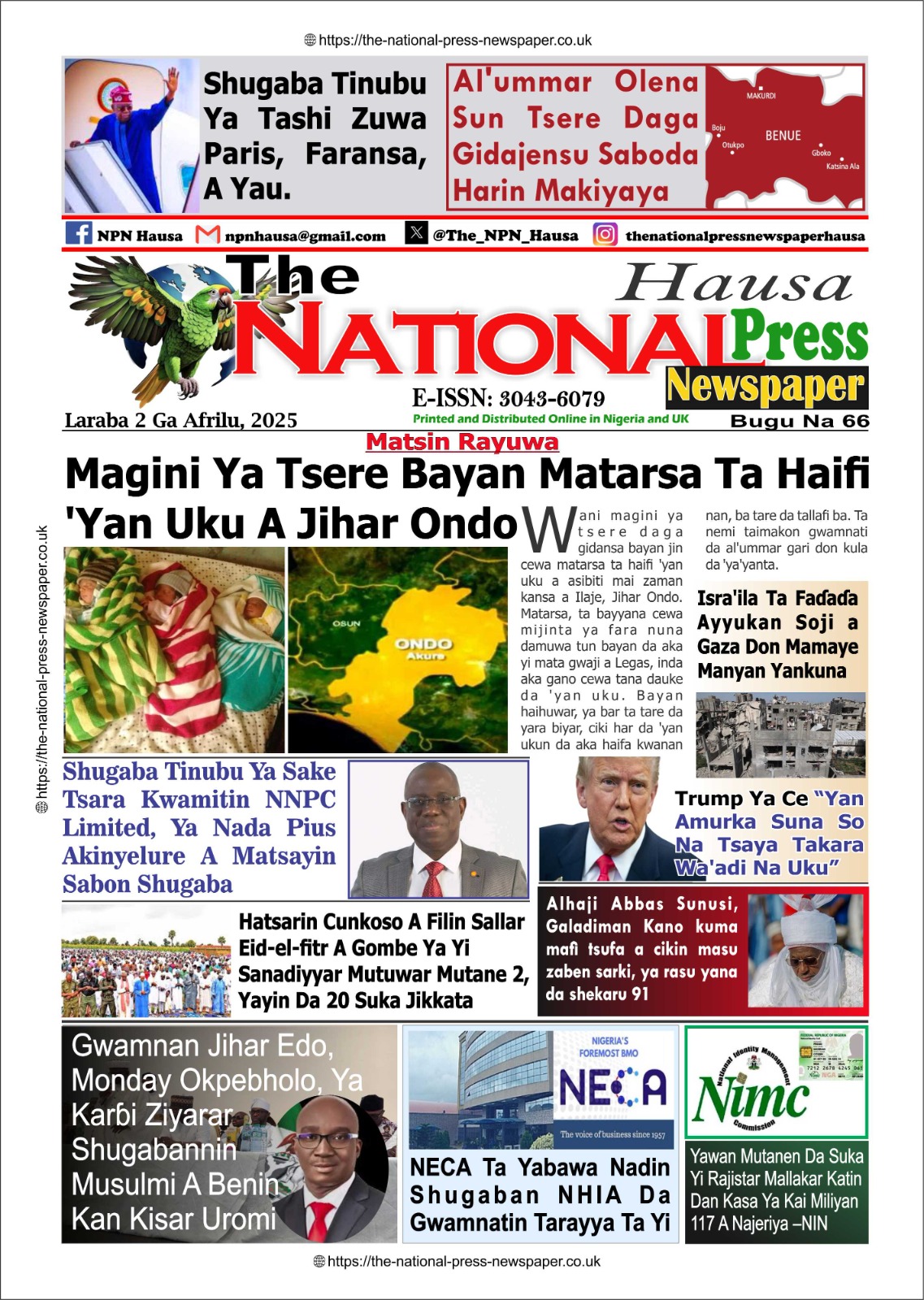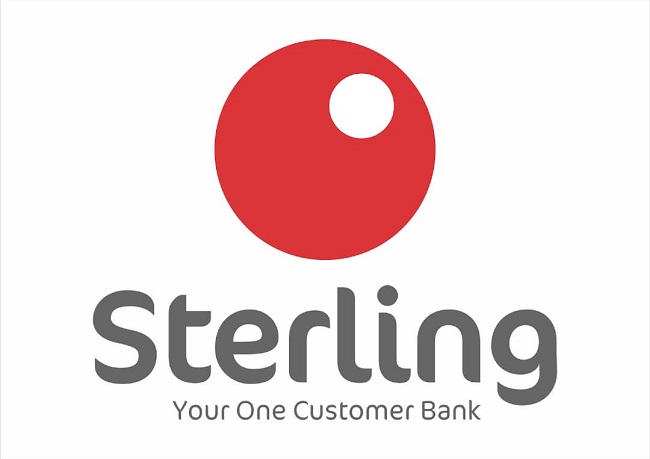SEC Grants ‘Approval-In-Principle’ To Two Digital Assets Exchanges
The Securities and Exchange Commission (SEC) on Thursday granted “Approval-in-Principle” for two Digital Assets Exchanges to commence operation under its Accelerated Regulatory Incubation Programme (ARIP).
The commission said the move would deepen the capital market while guaranteeing the protection of investors.
Five firms were also admitted to test their models and technology under the SEC’s Regulatory Incubation (RI) Programme.
SEC introduced the ARIP to on-board firms which had commenced operations before the release of the Rules on Virtual Asset Service Providers in May 2022.
Conversely, the RI Programme was created to assess the business models of Digital Assets firms and test innovative products, services and technology in a real-time market environment under close supervision by the SEC.
“Specifically, the current cohort of the ARIP and the RI Programme is characterised by the increased use of distributed ledger technology (DLT) in creating and trading crypto assets,
“The outcome of the process would inform further policy development in this space. Tests would be conducted on a short-term and small-scale basis and the SEC would continue to work with the participating firms to agree on testing parameters as well as robust consumer safeguards.
“The referenced Approvals-in-Principle are a precursor to the grant of full registration by the SEC and are meant to ensure that appropriate protection and transparency are in place concerning each product or service,” the statement read.
SEC said ARIP firms include Busha Digital Limited, Quidax Technologies Limited, Trovotech Ltd, Wrapped CBDC Ltd, HousingExchange Ltd, Dream City Capital, and Blockvault Custodian Digital Asset Limited.
“It is noteworthy that the above firms are not the only entities that have applied to ARIP and the RI Program. Other applications received are being assessed and would be granted Approval-in-Principle on a case-by-case basis as they meet all SEC requirements,” it said.
The Securities and Exchange Commission (SEC) on Thursday granted Approval-in-Principle to two Digital Asset Exchanges, marking their formal induction into the Accelerated Regulatory Incubation Program (ARIP).
The exchanges are Busha Digital Limited and Quidax Technologies Limited, both of which operate digital asset exchanges that facilitate the buying and selling of cryptocurrencies.
According to a statement by the SEC, it has also admitted five firms into the Regulatory Incubation (RI) Program, enabling them to test their business models and technological innovations under close SEC supervision.
The ARIP was introduced by the SEC as a strategic initiative to onboard firms that had already commenced operations before the release of the Rules on Virtual Asset Service Providers in May 2022.
The RI Program, on the other hand, was established to evaluate the business models of digital asset firms, allowing them to test innovative products, services, and technologies in a controlled, real-time market environment.
The current cohort of both the ARIP and RI Programs is distinguished by the increasing application of distributed ledger technology (DLT) in the creation and trading of crypto assets.
“Millions of Nigerian crypto enthusiasts and users deserve safe and moderated local venues for managing and trading crypto-assets, and this is an overdue step to sanitise the space for the benefit of the economy, in line with global expectations,” Busha CEO Michael Adeyeri posted on X.
The CEO of Quidax, Buchi Okoro, also confirmed the development on X.
Busha provides a platform that allows users in Nigeria and other developing economies to access digital asset investment services, while Quidax operates a cryptocurrency trading platform that leverages proprietary blockchain technology to list and trade existing crypto tokens.
The five firms admitted to the RI Program span various segments of the digital asset ecosystem. Trovotech Ltd, for instance, has developed a blockchain-based platform for the creation and trading of tokenized real-world illiquid assets, such as housing and infrastructure.
Wrapped CBDC Ltd plans to introduce a Nigerian-issued stablecoin, pegged at N1:N1, to facilitate local and cross-border crypto payments.
HousingExhange.NG Ltd aims to enable property developers to raise capital through tokenization, while Dream City Capital offers a platform for digital real estate investments.
Lastly, Blockvault has been recognised for its digital asset custodial services, which provide secure infrastructure for the storage and management of assets.
SEC emphasised that the approvals granted are a precursor to full registration and are intended to ensure that robust consumer safeguards and transparency measures are in place for each product or service.
The regulatory body also reiterated that only approved digital exchanges and platforms are legally authorised to operate in Nigeria, urging the public to refrain from engaging with unauthorised entities.
Crypto uncertainty
This development marks a significant turnaround in terms of the regulator’s stance on issuing licences to cryptocurrency platforms.
Despite past resistance from Nigerian authorities towards cryptocurrencies, Nigerians continue to trade actively, earning the country a spot among the top nations in global cryptocurrency trading.
The Central Bank of Nigeria (CBN) had earlier lifted a two-year ban on banking transactions involving cryptocurrencies, signalling a potential shift in the regulatory landscape.
The regulator expressed concerns about the impact of peer-to-peer (P2P) trading on the volatility of the foreign exchange (FX) market.
In May 2024, SEC’s Director General, Emomotimi Agama, met with key players in the crypto industry, reiterating the need for exchanges to delist the naira from P2P trading—a move that underscores the commission’s efforts to stabilise the local currency while tightening oversight on crypto transactions.
At Premium Times, we firmly believe in the importance of high-quality journalism. Recognizing that not everyone can afford costly news subscriptions, we are dedicated to delivering meticulously researched, fact-checked news that remains freely accessible to all.
Whether you turn to Premium Times for daily updates, in-depth investigations into pressing national issues, or entertaining trending stories, we value your readership.
It’s essential to acknowledge that news production incurs expenses, and we take pride in never placing our stories behind a prohibitive paywall.
Would you consider supporting us with a modest contribution on a monthly basis to help maintain our commitment to free, accessible news?
The current cohort of both the ARIP and RI Programs is distinguished by the increasing application of distributed ledger technology (DLT) in the creation and trading of crypto assets.
“Millions of Nigerian crypto enthusiasts and users deserve safe and moderated local venues for managing and trading crypto-assets, and this is an overdue step to sanitise the space for the benefit of the economy, in line with global expectations,” Busha CEO Michael Adeyeri posted on X.
The CEO of Quidax, Buchi Okoro, also confirmed the development on X.
Busha provides a platform that allows users in Nigeria and other developing economies to access digital asset investment services, while Quidax operates a cryptocurrency trading platform that leverages proprietary blockchain technology to list and trade existing crypto tokens.
The five firms admitted to the RI Program span various segments of the digital asset ecosystem. Trovotech Ltd, for instance, has developed a blockchain-based platform for the creation and trading of tokenized real-world illiquid assets, such as housing and infrastructure.
Wrapped CBDC Ltd plans to introduce a Nigerian-issued stablecoin, pegged at N1:N1, to facilitate local and cross-border crypto payments.
HousingExhange.NG Ltd aims to enable property developers to raise capital through tokenization, while Dream City Capital offers a platform for digital real estate investments.





